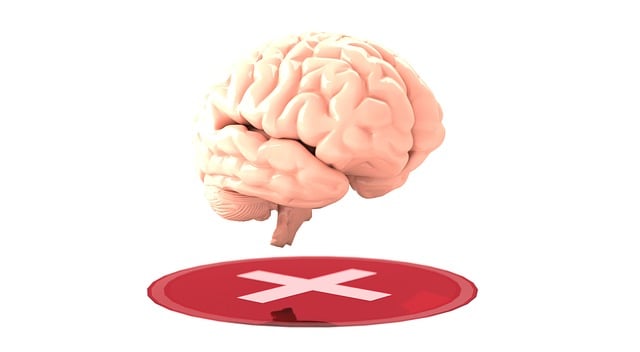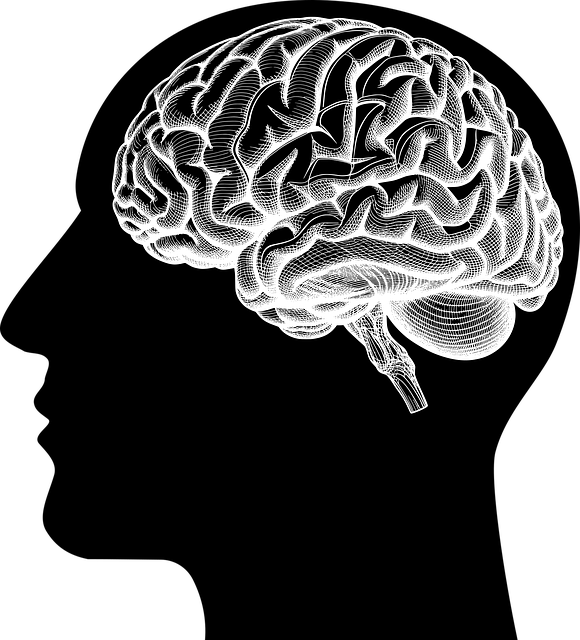Young children grappling with a terminal illness or loss face unique emotional challenges. Therapy for Young Children Terminal Illness offers specialized counseling using age-appropriate activities, storytelling, and play therapy to build resilience and emotional regulation skills. This tailored approach equips children with healthy coping mechanisms, mindfulness meditation, and culturally sensitive support, fostering understanding and acceptance while navigating their grief journeys. Effective strategies include creating safe spaces, play therapy, and teaching self-care routines for long-term mental health management.
Loss, grief, and bereavement counseling play a pivotal role in helping individuals, especially young children, navigate the complex emotions associated with significant life changes. This article explores the critical aspects of supporting young ones through these challenging times. We delve into understanding the unique grieving process of children and the specific considerations when facing terminal illness. Additionally, we examine effective therapy techniques for sensitive cases, offering insights into the transformative power of counseling in mitigating the impact of loss.
- Understanding Young Children's Grief and Bereavement
- The Role of Therapy in Coping with Terminal Illness
- Effective Counseling Techniques for Sensitive Cases
Understanding Young Children's Grief and Bereavement

Grief and bereavement can profoundly impact young children, often presenting unique challenges compared to adult experiences. When a child loses a loved one, especially due to a terminal illness, their understanding of death is still developing, leading to complex emotions and behaviors. Young minds may struggle with concepts like permanence and the finality of loss, which can result in confusion, fear, or even denial.
Therapy for young children dealing with grief and bereavement is tailored to their developmental stage, focusing on building resilience and emotional regulation skills. Mental health professionals play a crucial role in helping these youngsters navigate their feelings, providing a safe space to express emotions freely. Through age-appropriate activities, storytelling, and play therapy, counselors can guide children towards accepting the loss while fostering healthy coping mechanisms. This process supports their overall mental health and well-being, ensuring they are equipped to manage future challenges related to grief and building important risk management skills for their young lives.
The Role of Therapy in Coping with Terminal Illness

When facing a terminal illness, individuals—especially young children—may experience intense emotions and challenges that can be overwhelming. Here, therapy plays a pivotal role in coping mechanisms and overall well-being. Through specialized counseling, patients can navigate their feelings of fear, sadness, and uncertainty, fostering a sense of understanding and acceptance.
Therapy for Young Children with Terminal Illness considers the unique needs of children, incorporating techniques like mindfulness meditation to promote relaxation and cultural sensitivity in mental healthcare practice to address diverse family dynamics. By building resilience, these sessions equip children with tools to manage their emotions, providing them with long-term coping strategies.
Effective Counseling Techniques for Sensitive Cases

In cases of loss, grief, and bereavement, particularly when involving young children coping with a terminal illness, counseling becomes an essential tool in their mental health arsenal. Effective therapy for young children navigating such sensitive subjects requires a nuanced approach that considers their age, developmental stage, and unique emotional landscape. One proven technique involves creating a safe, supportive space where children can express their feelings openly without judgment. This often includes incorporating play therapy, allowing them to process their emotions through art, music, or pretend scenarios, making it more relatable and less intimidating.
Mental health awareness among the younger generation is crucial, especially when fostering emotional regulation skills. Counselors help children understand and manage their feelings by teaching self-care routine development for better mental health. This can include simple practices like deep breathing exercises, positive affirmation, or engaging in activities they enjoy to enhance their coping mechanisms. By implementing these strategies, children can develop resilience, navigate their grief journey with support, and ultimately find a sense of peace amid the upheaval of loss.
Loss, grief, and bereavement counseling play a pivotal role in helping individuals, especially young children grappling with terminal illness, navigate their emotions. By employing tailored therapy techniques, such as empathetic listening and age-appropriate communication, counselors can foster healing and resilience. Understanding the unique needs of young children in these sensitive cases is essential to providing effective support and guiding them through the complex landscape of grief. Through specialized counseling, individuals can find solace, process their emotions, and eventually build resilience in the face of profound loss.










